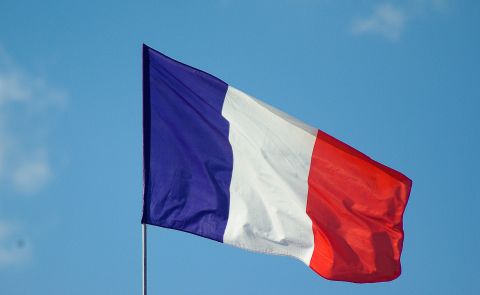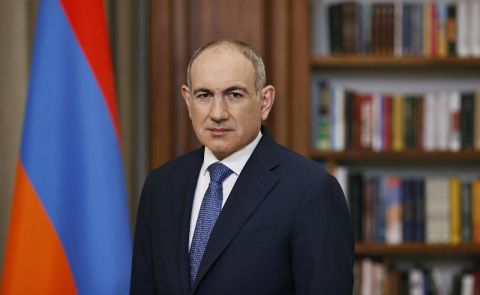
Recent developments regarding relations between Armenia and Azerbaijan
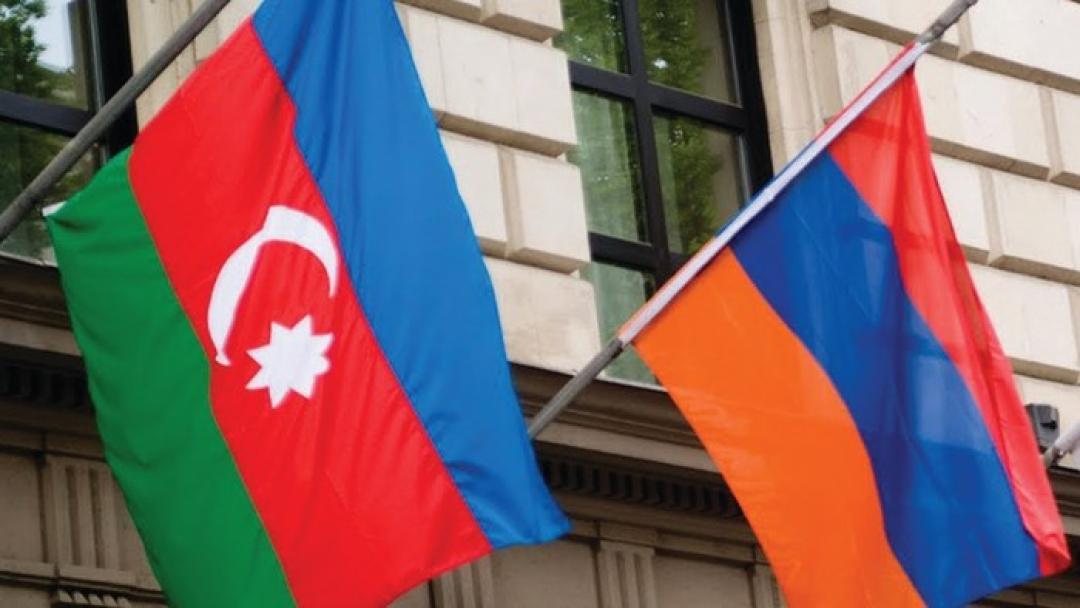
Next meeting between Ilham Aliyev and Nikol Pashinyan to take place on May 22 in Brussels
In Brussels on May 22, European Council President Charles Michel will meet with Azerbaijani President Ilham Aliyev and Armenian Prime Minister Nikol Pashinyan.
This will be the third time this format has been used. The first meeting took place in December 2021, and the second one took place in April of this year. Each time, the parties signed declarations expressing their intention to conclude a peace treaty and establish boundary lines.
Mirzoyan: "Nagorno-Karabakh status key in Armenia-Azerbaijan peace deal"
The decision on the status of Nagorno-Karabakh in the process of normalising ties with Azerbaijan, according to Foreign Minister Ararat Mirzoyan, is critical for the Armenian side.
"We published our vision of the peace process, and before that we said that there is nothing unacceptable for the Armenian side in the points proposed by Azerbaijan, but these points do not address the entire agenda, the entire spectrum of existing issues of the potential and expected peace treaty," Mirzoyan told reporters ahead of the Armenia-EU Partnership Council session. "It is critical for us to debate Nagorno-Karabakh's rights and security, as well as the country's status. We also believe it is critical to continue these peace treaty discussions within and pursuant to the mandate of the OSCE Minsk Group Co-Chairmanship."
Mirzoyan also stated that Yerevan has yet to get a good response from Baku. "However, you are aware that attempts are being made to make these conversations feasible. So, all I can say is that we are ready and committed to achieving peace and stability in our area. But we'll need two sides for this to work," he remarked.
US Ambassador to Armenia: “People of Karabakh determining its destiny”
The United States understands the importance of the people of Nagorno-Karabakh in determining its destiny, according to the US Ambassador to Armenia. "We continue to think that a negotiated, comprehensive, and long-term settlement of all outstanding issues linked to or stemming from the Nagorno-Karabakh war is the path to a peaceful, democratic, and economic future in the region," Ambassador Tracy stated. "Self-determination of peoples is a key, though not the only, internationally recognised principle to achieve this goal, and the United States, as a co-chair country of the OSCE Minsk Group, recognises the role of Nagorno-population Karabakh's in deciding its future in the context of a comprehensive settlement of the conflict." The envoy stated that the status of Nagorno-Karabakh is still being worked out and that there is no military solution to the dispute.
"We continue to believe that the issues that led to the fighting in 2020 and are the root of the lasting tensions need to be addressed through negotiation and through a comprehensive settlement, according to internationally recognised principles, including territorial integrity, self-determination of peoples, and the non-use of force. We encourage further peace negotiations and stand ready to engage bilaterally and with like-minded partners, including through our role as an OSCE Minsk Group Co-Chair," the ambassador said. "Let me emphasise that there is no military solution to the conflict. The United States remains committed to promoting a peaceful, democratic, and prosperous future for the South Caucasus region. This includes applying existing mechanisms for direct communication to find comprehensive solutions to all outstanding issues, and to normalise their relations through the conclusion of a comprehensive peace agreement."
Russian Foreign Ministry suggested possibility of new meeting between Putin, Pashinyan and Aliyev
Moscow does not rule out holding another face-to-face trilateral meeting of the leaders of Russia, Armenia, and Azerbaijan. This was stated by Deputy Foreign Minister Andrei Rudenko.
“We continue systematic work at all levels to implement the trilateral agreements at the highest level of November 9th, 2020, January 11th, and November 26th, 2021. The leaders are in constant contact. We do not exclude, if such a need arises, the organisation of a face-to-face meeting,” said a high-ranking Russian diplomat. Andrei Rudenko recalled that on May 12 in Dushanbe, Russian Foreign Minister Sergei Lavrov discussed the entire range of issues regarding normalising relations between Baku and Yerevan during a meeting with colleagues from Armenia and Azerbaijan within the framework of the Council of CIS Foreign Ministers.
Russian President Vladimir Putin, Azerbaijani President Ilham Aliyev, and Armenian Prime Minister Nikol Pashinyan met for the last time in person on November 26, 2021. Following the results of the trilateral summit, the leaders adopted a joint statement, which, in particular, stated that the parties “agreed to take steps to increase the level of stability and security on the Azerbaijani-Armenian border and work towards the creation of a bilateral Commission for the delimitation of the state border between the Republic of Azerbaijan and the Republic of Armenia with its subsequent demarcation with the advisory assistance of the Russian Federation at the request of the parties.”
Russian Foreign Ministry: “Formation of Armenian-Azerbaijani delimitation panel will help to avoid border incidents”
According to Russian Foreign Ministry spokesperson Maria Zakharova, Russia is hoping that actual work on the delimitation of the Armenian-Azerbaijani boundary will begin soon. “We have been arguing for the establishment of a commission to delimit the Armenian-Azerbaijani boundary and subsequent delineation with Russia's advising help,” Zakharova said at a press conference.
According to her, it will be important to take efforts to strengthen stability and security on the countries' borders at the same time as the commission's work begins. "This topic was discussed at Dushanbe during a trilateral conference of Armenian, Azerbaijani, and Russian foreign ministers. The partners stated that the establishment of national delegations was nearly complete. Russia has already established an expert committee," she added.
Zakharova also addressed the event on May 7 in which Azerbaijani forces opened fire on the Sotk mine in Armenia, harming one of its workers. She stated that the delimitation commission should be established as soon as possible to avoid further border incidents between Armenia and Azerbaijan. "We are certain that the commission's work on the delimitation of the Armenian-Azerbaijani border should be initiated as soon as possible to avoid any border incidents," she stated. Within this framework, Zakharova added, confidence-building measures might be established, such as the formation of contact groups to maintain a stable situation in border regions.
Josep Borrell on relations between Armenia and Azerbaijan
Josep Borrell, the EU’s High Representative for Foreign Affairs and Security Policy welcomed the EU-Armenia Partnership Council meeting. "This is accomplished in a tough circumstance. We are aware of the global and regional implications of the Ukrainian conflict. But it's also an opportunity to keep working on reforms and completely build this comprehensive and upgraded Partnership Agreement," the official said ahead of the conference. He lauded the "extremely good" relations between the EU and Armenia while also emphasising the need for more changes. “And this meeting will be a good occasion to encourage Armenia to continue in the European path, to continue working in order to fulfil all the purposes and objectives of this Partnership Agreement,” Borrell noted.
Asked which sort of security guarantees the EU can provide to the people who are living in Nagorno-Karabakh and if Armenia and Azerbaijan finally reach an agreement, the top diplomat said: “Well, we really would appreciate [it] if this agreement could be reached. And we have been engaged with the two parties for them to really look for this agreement with the best will. We are far away from that yet. But if this happens, the European Union will provide any help that we can in order to support the implementation of the agreement.”
Armen Grigoryan: “Armenia is still waiting for legal confirmation for Azerbaijani enclaves”
Armen Grigoryan, the Secretary of Armenia's Security Council, has stated that Azerbaijan has not shown "any legal basis" for holding enclaves on Armenian land. Meanwhile, the Secretary stated that the Armenian side had legal proof of the existence of its own enclave in Azerbaijan.
"Armenia's attitude on the issue remains unchanged: we expect Azerbaijan to establish a legal foundation for its enclaves to exist," Grigoryan stated.
See Also

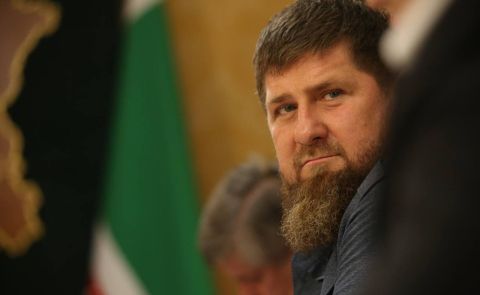
Ramzan Kadyrov Awards Title to Ingush Businessman
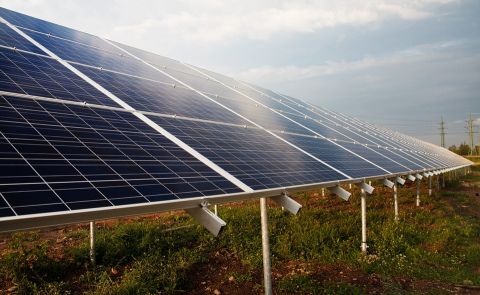
Azerbaijan Announces Large-Scale Gas and Renewable Energy Projects in Karabakh
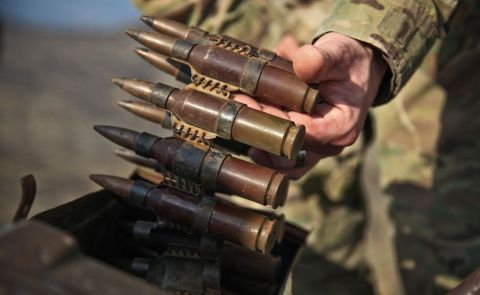
Weekly Brief on Military Situation in South Caucasus Countries (26 May – 1 June, 2025)
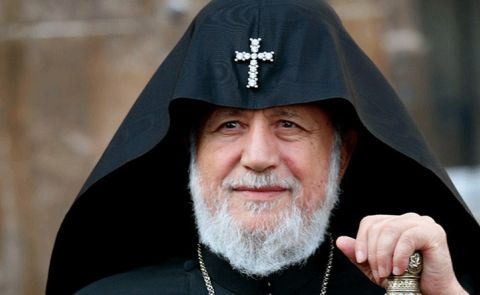
Supreme Spiritual Council Condemns Armenian PM’s Anti-Church Remarks as “Illegal and Destructive”
